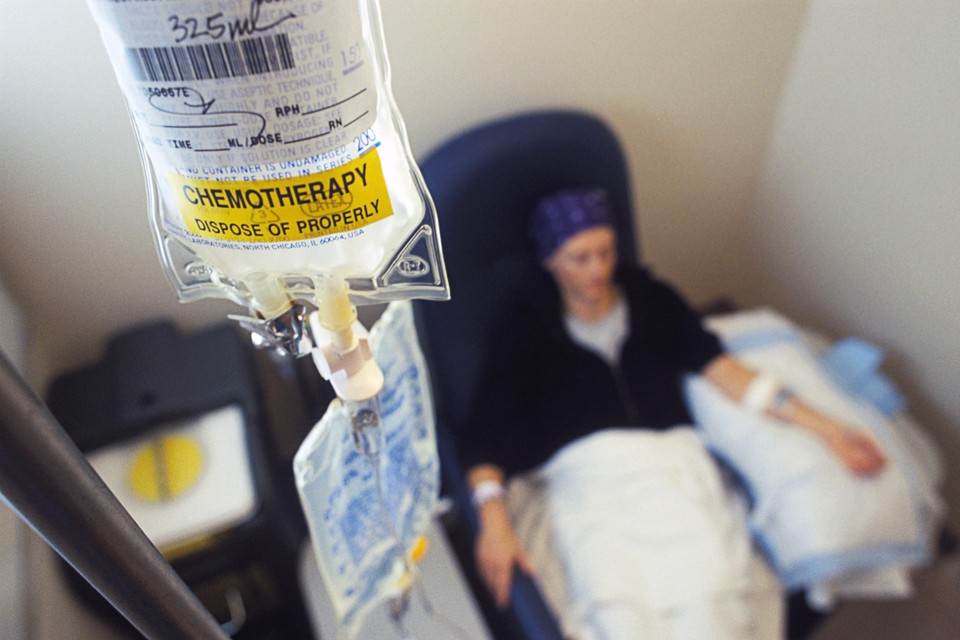The Federal Government's spending on medicines has increased over the past year, driven by cancer drugs, which take the biggest bite out of this specific healthcare budget.
Calculations made by Belgium's National Institute for Health and Disability Insurance (RIZIV) showed that spending on medicines continues to increase every year. Between 2010 and 2022, it rose by no less than 227%.
These increases are specifically related to health insurance costs. The costs borne by the patient have decreased overall, as most are fully reimbursed and the cost to be covered by patients is capped.
CM Health Fund examined its members' billing data to get a better idea of which drugs are specifically responsible for the increase. It found that the most significant rise was recorded in medicines from hospital pharmacies for patients who are not hospitalised, but instead visit the hospital for treatment which does not require staying overnight, such as chemotherapy.
Half of the spending is on drugs to fight cancer, mainly prescribed to people over 50, as cancer becomes more common as people grow older. Drugs that suppress an immune response in certain chronic inflammations such as rheumatoid arthritis, psoriasis or Crohn's disease also contributed to the rise.
More transparency
CM found that eight of the ten most expensive drugs are temporarily being reimbursed by the government. This is happening through a so-called 'confidential contracts' agreement between the Federal Health Minister Frank Vandenbroucke and the pharmaceutical company concerned.
CM President Luc Van Gorp has called for more transparency on the cost of drug development and production and stressed that Belgium needs to do more to negotiate prices at the European level.
"Money we spend on medicines can no longer be spent elsewhere in healthcare. We need to better evaluate which medicines are real cure-alls," he noted, adding that certain questions should be asked, such as whether the medicines provide the necessary quality of life after treatment or whether they make people live longer.
"We still too often see medication as a panacea. The pharma sector should not be making very strong profits, while money is very tight for other healthcare sectors," Van Gorp said.
He also argued that more investments are needed in prevention, to reduce the risk of cancer, rather than spending most of the budget on curing the disease when it has already manifested itself.
"We must do everything we can to get a grip on health spending in our ageing society," he concluded.

